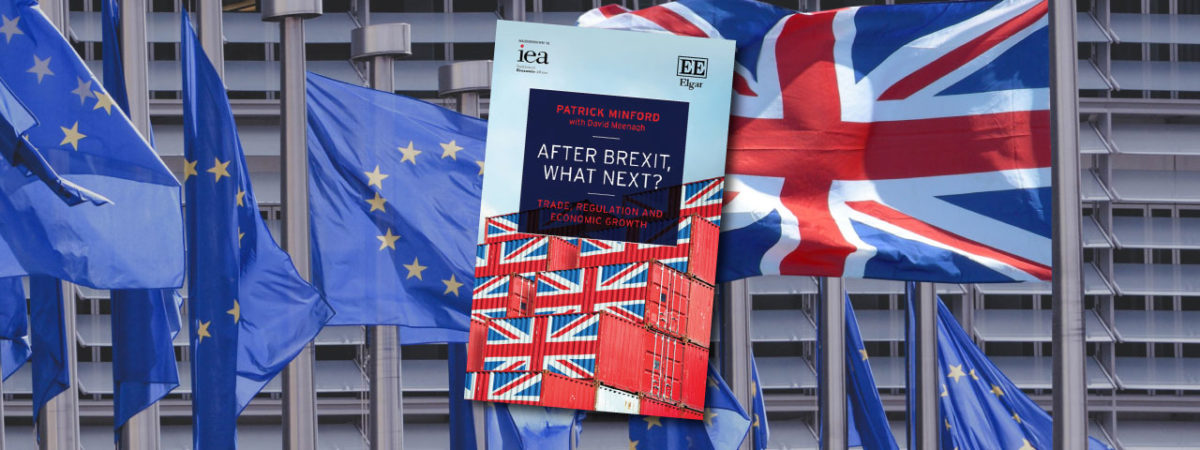A briefing on the public finances: How deep a hole are we in?
SUGGESTED



- This briefing looks at the impact of the pandemic on the UK’s public finances and assesses the scale of the fiscal crisis. Some of the most common concerns are exaggerated. Others are not.
- The good news is that the increase in borrowing to pay for Covid does not itself have to be repaid; provided the government can continue to make the interest payments, debt can simply be rolled over.
- Of course, there are limits to how much debt can be serviced with comfort, but the UK is still a long way from these limits. UK public debt has been much higher in the past as a share of GDP, and is still lower now than in many other countries, including the US, France, Italy, and Japan.
- The health of the public finances is also not as dependent on the Bank of England as many seem to think. The Bank’s purchases of government bonds have reduced the cost of borrowing, but the global economic slump and excess savings means that this cost would be low anyway. Interest is also still paid on the reserves created to buy the bonds. This is best seen as an asset swap which has shortened the maturity of public sector borrowing, rather than the printing of ‘free money’ to fund the deficit.
- The crunch may therefore come sooner if interest rates were to rise sharply and exceed the growth rate of the economy by a large amount. But it is more likely that interest rates will remain relatively low and that a rebound in growth will help to stabilise the debt-to-GDP ratio at a sustainable level.
- Indeed, recent better economic data and the rollout of the first Covid vaccine mean that the Office for Budget Responsibility’s ‘upside scenario’ now looks closer to the mark. This would see a much faster recovery – and no significant long-term damage either to the economy or the public finances.
- Nonetheless, even if the government does not face the same financial constraints as a household, high public spending and borrowing has many other costs, including the misallocation of resources and the risk of runaway inflation. The state’s ability to print money does not remove real resource constraints, which will start to bite again when the economy recovers.
- In summary, it is misleading to claim that the UK has already ‘maxed out its credit card’. But it would be even more misleading to suggest that the government has a ‘blank cheque’ to spend or borrow as much as it likes, whenever it likes.
Fullscreen Mode




